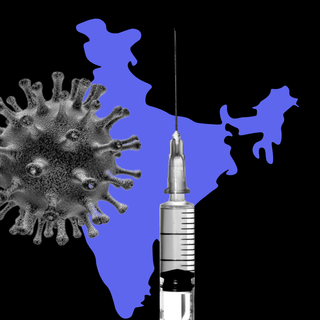The two-finger test, or the hymen test, when used to ascertain the virginity of a rape or sexual abuse survivor is “unconstitutional,” said the Lahore High Court, which also called for a concerted effort to stop such tests in general.
The two-finger test involves inserting two fingers into a vagina to determine the muscle’s laxity and the condition of the hymen. Not only is the test scientifically unreliable, it perpetuates the outdated, patriarchal value of virginity, furthers the misconception that only virgins can be raped, and causes additional pain and trauma to sexual assault survivors. This is why global bodies like the United Nations have called for bans on the practice.
Justice Ayesha. A. Malik’s judgment reads, “Virginity testing is highly invasive, having no scientific or medical requirement, yet carried out in the name of medical protocols in sexual violence cases. It is a humiliating practice, which is used to cast suspicion on the victim, as opposed to focusing on the accused and the incident of sexual violence.”
Related on The Swaddle:
A Cultural Obsession With Virginity Is Keeping Women from Using Menstrual Cups, Tampons
The court’s judgment hammers home how two-finger tests amount to gender-based discrimination. “[The test’s] sole purpose is to determine whether the victim is habituated to sexual intercourse so as corroborate her statement on the charge of rape and sexual abuse. When seen in the context of an investigation into the incident of sexual violence, whether the victim was previously accustomed to sexual intercourse is hardly the determinative question. The issue is whether the accused committed rape on the victim in the time and circumstances complained of.”
The Lahore High Court referenced in its judgment previous, similar judgments from India’s Allahabad and Gujarat high courts. In India, the two-finger test was banned in 2016, but the practice has persisted at an alarming prevalence, according to a report from The Independent, mainly due to a lack of training regarding rape kits. In December 2019, the Indian Supreme Court again pushed for the practice to end and asked state governments to conduct checks on whether the ban was upheld.
The Lahore High Court judgment further reads, “Change can only be brought about when the people responsible for the change understand and acknowledge the reasons for changing old practices which no longer find any justification. Merely documenting change and not implementing change does not mean that the Federation, or the Provincial Government have acted in accordance with the Constitution, the law, and international obligations. Hence a concerted effort must be made so as to ensure that virginity tests are stopped in totality.”




